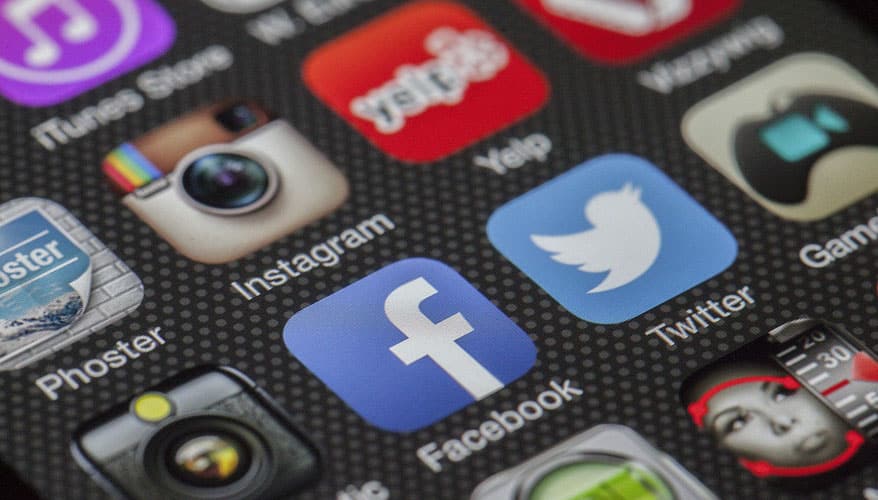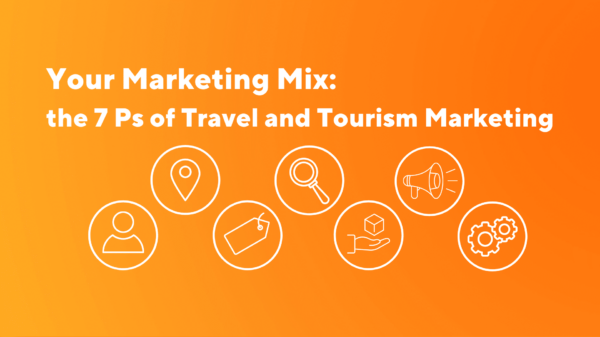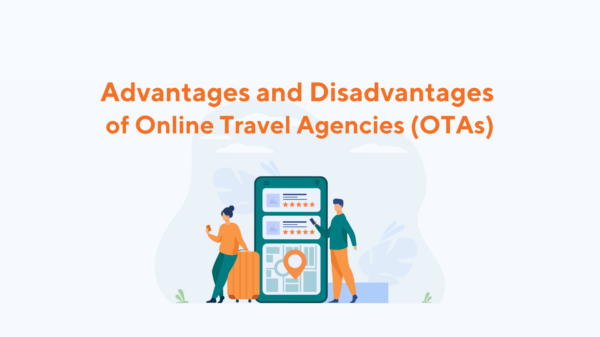
This guest post is written by Graham Robertson who worked as an operations Team Leader for a global online travel company and devotes an obsessive amount of time to following current travel news and trends.
Its hard to go online these days without seeing someone talking about social media, or more specifically, how it can transform the way we do business with our customers. It’s true, social media can be a powerful tool from a marketing, sales and customer service perspective, but with all the “Gurus” and “Experts” popping up it’s more important than ever to take what we hear with a grain of salt. We’re all students in this new discipline and it’s important we share as much with each other as possible. In that spirit, I’d like to share a few things I’ve picked up so far and leave you with a couple of actionable social media marketing techniques.
Barriers to entry- There are very few physical barriers to getting set up with an arsenal of social media marketing tools. Most are free, such as Twitter, Facebook and YouTube accounts, others you will most likely have already, like a computer and an internet connection. The most confronting aspect of jumping in to the social media deep end is the preception that you will be losing control of your brand. This is a very common misconception, I’ve heard it from online marketing and sales people alike, but it’s just not the case. Your customers will talk about you, whether you are there to participate or not.
Essential tools- To sign up and get started, facebook.com and twitter.com are all you need, but to really take advantage of the data available it’s best to invest some time in to third party tools. For Twitter, you cant do better than Tweetdeck. Available for both PC and Mac, Tweetdeck allows you to run multiple Twitter accounts with real-time updates. Most importantly, Tweekdeck allows for real-time keyword searches to run 24/7, making it possible to track who is talking about the things that matter to you and your brand. For example, an operator who provides cycling tours of Vancouver could have multiple searches running that cover their keywords: Cycling Vancouver, Ride bike Vancouver, biking Van, etc. It’s important to keep things relevant and focus on keywords you believe your customers will be using in natural conversation.
*I’d like to point out that there are a huge number of Twitter analytics programs out there, I have chosen to speak only about Tweetdeck as it’s a solid service to begin tweeting and monitoring tweets with. Feel free to explore other options.
The Persona style account is a more personal way of communicating with your customers and normally would have a photo of the person doing the tweeting as a profile picture. As small to medium tour operators, I believe this is going to be the best way portray yourself on Twitter and will build closer relationships with your followers. Being subject matter experts, you are in a prime position to provide accurate and timely advice about your city and activities to your followers, building brand credibility with every Tweet. I like to explain how this would work by talking about a tour operator and owner I met in New Zealand, Steve of Trips and Tramps. Steve had lived in the area for years, ran some intensive hiking tours and had an impressive knowledge of the area. By the end of our tour, I had already decided I wanted to come back at some point to do a multi day hike. I also told everyone I knew about Trips and Tramps and suggested booking with them if they’re ever in the area. Twitter can multiply this kind of influence by hundreds of times but remember: Twitter is an online community that will reject anyone who comes off “Spammy” or fake.
Facebook pages- This is the fertile ground of social media marketing. Facebook groups give fans of your brand a place to get together and communicate about the things you post. This is different from posts on a blog as users are already logged in to Facebook and receive a notice every time you update your page, meaning they are more likely to get involved. To make things even easier, Facebook has changed “Become a fan” to “Like”. This seems like a small change, but the difference in being a fan and liking something is huge, most page owners I have spoken to have noticed an increase in their fan numbers as a result.
If fan pages aren’t your thing but you’d still like to get in to Facebook marketing in some way, have a look at Facebook ads. The Facebook ad platform is similar to google adwords, but is much cheaper, sometimes as low as a quarter the cost, and allows the advertiser to target a specific market very easily using using profile information.
How is this marketing?- It’s not. Social media marketing is not something to bolt on to a an existing marketing plan and expect instant ROI; this is a brand development tool and should be viewed as such. If your customers are booking online, it’s no longer enough to meet them at the door with a smile, that same treatment needs to be happening online before they even make a booking. We need to speak to potential customers the way they want to be spoken to. I had a perfect example of this happen to me last week. I had an urgent question for the company that I do my web hosting through. Instead of calling or emailing, I sent them a message via Twitter and got an answer within half an hour. They spoke to me they way that was the most natural to me and I appreciate that.
Social media marketing isn’t for everyone, you need to assess the benefits before taking on new responsibilities and tailor your offering to meet the demand. Always monitor whats being said about you via social media, but if your market does not book online and will not be communicating online, it might not be the best engagement tool for you.





